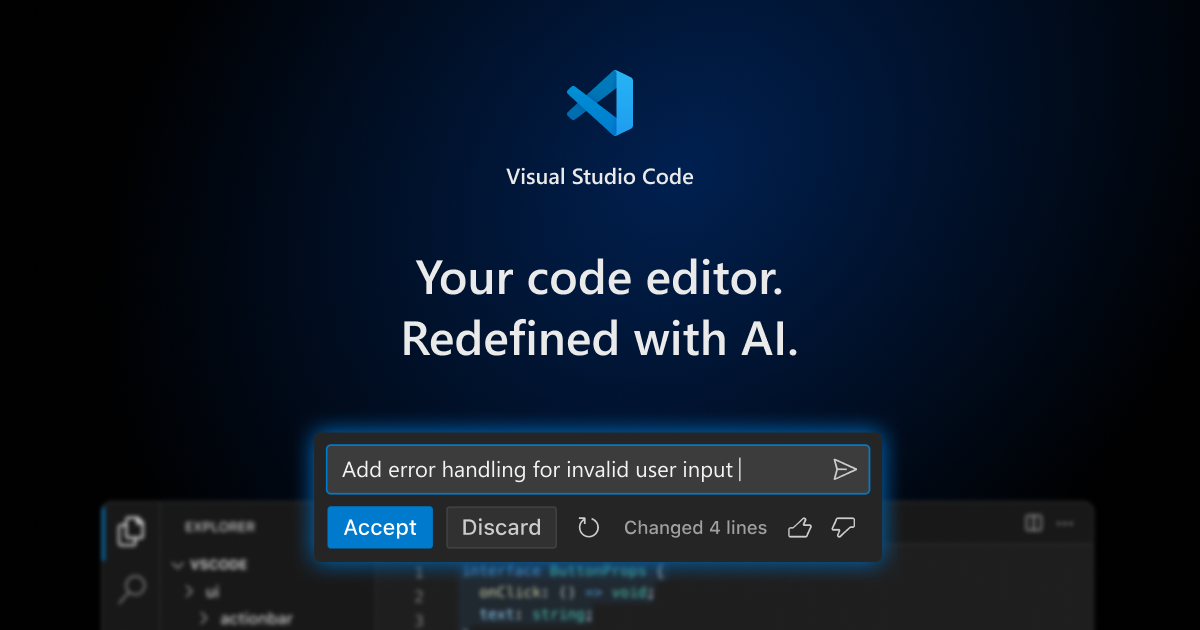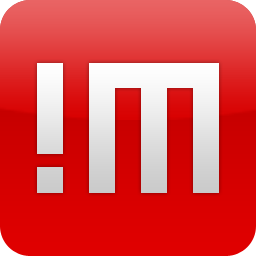- REALIQ
- Posts
- 15 Essential Linux Tools That Actually Work (From Daily Use)
15 Essential Linux Tools That Actually Work (From Daily Use)
practical, performant, and tested in real workflows

Whether you're new to Linux or a seasoned user looking for better tools, this curated list goes beyond what's popular — it’s about what actually works well. These apps are practical, lightweight, open-source, and actively maintained. I use most of them daily, and if you're setting up a fresh Linux system or just exploring better options, this guide is for you.
I’m working on a YouTube video walkthrough of all these tools in action — so if you want to see them live, make sure to subscribe and stay tuned!
Table of Contents
🔧 Setup & Essentials
1. Web Browser: Brave
A fast, privacy-focused browser that blocks ads and trackers by default. It supports Chrome extensions and delivers a clean, bloat-free web experience.
Why I use it: Once you get used to Brave’s speed, simplicity, and cleaner web pages, it’s hard to go back.
Alternative: If you are more of a Firefox guy, then go with Librewolf. It’s a Firefox fork without telemetry, ideal if you prefer a non-Chromium base.
✅ My Pick: Brave
2. Office Suites: OnlyOffice
Clean UI, excellent MS Office compatibility, and built-in encryption make it a great choice for both personal and professional use.
Alternative: LibreOffice — feature-rich and solid, but formatting with .docx/.xlsx can break sometimes. It’s very popular, but I have had problems with it, so it’s just personal preference.
🚫 Avoid: Apache OpenOffice — it’s outdated and lacks security updates.
✅ My Pick: OnlyOffice
3. Backup Tool: Timeshift
If you're not using Timeshift, start now. It’s like Time Machine, but for Linux. Take snapshots and restore your system if something breaks — great before major updates.
4. Image Viewer: qimgv
A fast, minimalist image viewer that supports various formats and can be themed or customized easily. No fluff — just works.
5. Download Manager: JDownloader
Great for bulk downloads, cloud links, and media. It’s cross-platform and actively maintained. Minor scaling issues are easy to fix.
💼 Productivity & Daily Use
6. Note-taking App: Joplin
A markdown-based note app with syncing and end-to-end encryption. Works on Linux, Android, iOS, and syncs with Nextcloud, Dropbox, etc.
Why I use it: Private notes + Nextcloud sync = peace of mind.
7. Clipboard Manager: Diodon
Tracks clipboard history and integrates with most desktops. Lightweight and fully customizable — essential for multitasking.
8. Cross-platform Sharing: LocalSend
Send files between devices on the same network — no internet needed. Works across Linux, Android, Windows, and Apple devices.
9. Copy Text from Anywhere: NormCap
OCR tool that extracts text from screenshots. Fast, private, and local — perfect when you need to copy text from images or UIs.
🎨 Content Creation & Media
10. Image Editor: Inkscape
Perfect for vector illustrations, UI mockups, and diagrams. If you need more precision than GIMP and love SVG, this is it.
Alternative: GIMP — great for raster editing (like Photoshop), highly customizable.
11. Screen Recording: OBS Studio
The gold standard for screen recording and live streaming. Fully customizable scenes, filters, audio mixing, and plugin support.
Why I use it: Rock-solid for tutorials, live streams, and content creation.
12. Video Editor: Kdenlive
A non-linear video editor that's both beginner-friendly and powerful enough for pro use. Multi-track editing, keyframes, transitions — it’s all there.
Why I use it: It’s intuitive, fast, and stable. Plus, it just keeps getting better.
👨💻 Development & Technical Tools
13. Code Editor: VS Code
Flexible, fast, and loaded with extensions. GitHub Copilot support, a built-in terminal, and a debugger make it the best all-in-one code editor.
Alternative: VSCodium - same core features, no telemetry.
Why I use it: Extension compatibility makes VS Code unbeatable for my workflow.
14. Virtual Machines: Virt Manager
A stable and powerful alternative to VirtualBox or Gnome Boxes. No crashes, no odd scaling — just smooth VM management.
✅ Why I use it: Gnome Boxes had scaling issues, and VirtualBox had performance issues. Virt Manager just works.
15. Remote Desktop: NoMachine
A fast, seamless remote desktop experience. Cross-platform, responsive, and stable even on weaker connections.
🤔 Final Thoughts
These aren't just decent tools for Linux — they're great tools, period. Whether you're doing creative work, coding, admin tasks, or just browsing, this list has something that fits.
Let me know in the comments if you have a favorite I missed or if you’ve had different experiences with any of these.
📌 Bookmark this list — it’s perfect for fresh installs and reboots.












Reply